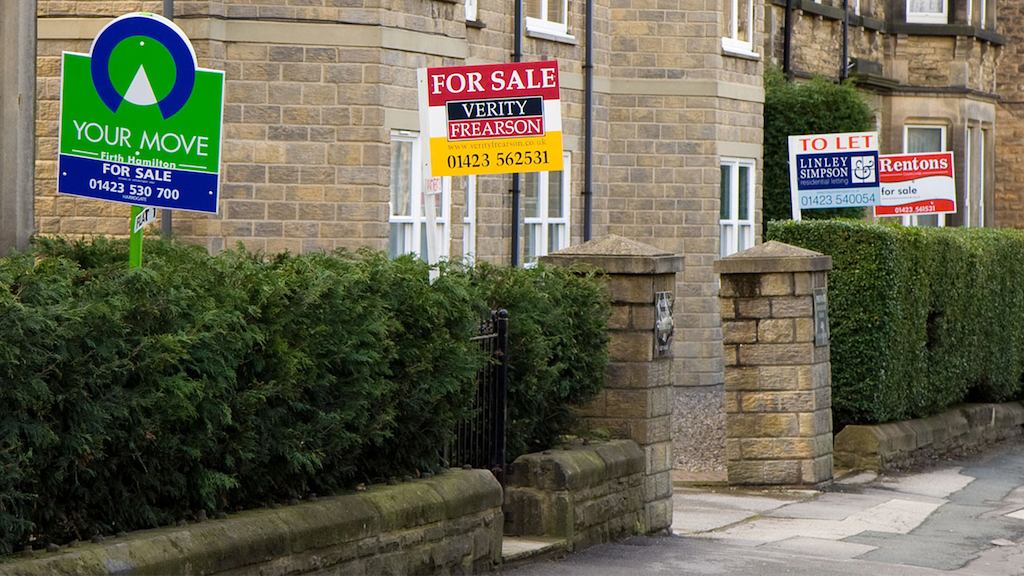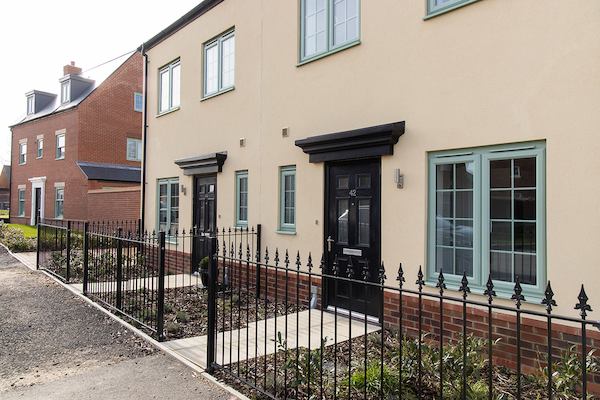So why is the private renting market increasing for the older population? Is it because home ownership is increasingly becoming unrealistic or is private renting becoming the preferred choice?
Culturally, in the UK, there is still priority, emphasis, and aspiration for people to own their own home, with a social expectation that to succeed we must buy a house. The model of renting is traditionally known as a short-term solution on the road to home ownership.
In England our default lease is an assured shorthold tenancy, this usually runs for 6-12 months and landlords are then free to evict tenants with 1-2 months’ notice. While longer-term leases can be available, they are not regularly used. Following the Housing Act (1988) assured shorthold tenancies came into action in 1989, and fast became the default option in place of regulated long-term tenancies. This has contributed to a rental market that is not sustainable, affordable or stable.
If we look at international models, particularly across Europe, long-term renting is the norm. Germany, Switzerland and Belgium are examples where long-term contracts, more flexibility, and increased security provide tenants with the desire to continue renting, and renting is seen as an acceptable alternative to home ownership. Rental contracts in Germany get increasingly valuable as tenants get older, with notice periods increasing and rent decreasing.


